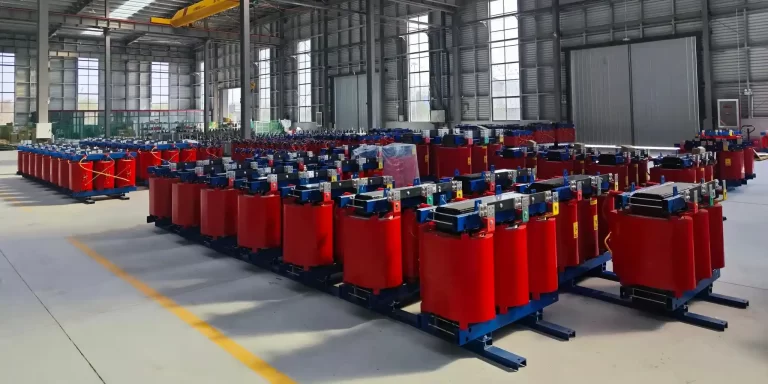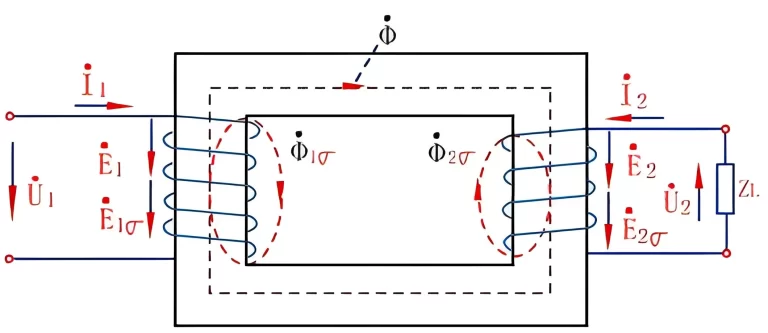The life expectancy of a cast resin transformer can vary based on several factors, including the quality of materials used in its construction, operating conditions, maintenance practices, and the specific application environment. Generally, cast resin transformers are designed for a long service life, and their durability is influenced by various considerations:
- Design and Construction Quality:
- Transformers designed and manufactured to high standards with quality materials tend to have longer life expectancies. The design features, insulation systems, and construction techniques can impact the transformer’s overall robustness and reliability.
- Operating Conditions:
- The operating conditions, such as temperature, load variations, and ambient conditions, can affect the transformer’s life expectancy. Transformers operated within their specified temperature and load limits are likely to have longer service lives.
- Maintenance Practices:
- Regular maintenance, including inspections, testing, and cleaning, can contribute to extending the life of a cast resin transformer. Addressing issues promptly and following manufacturer-recommended maintenance procedures is essential.
- Environmental Factors:
- The environmental conditions at the installation site play a crucial role. Cast resin transformers are known for their resistance to moisture, chemicals, and environmental contaminants. Transformers in harsh environments may have different life expectancies than those in controlled conditions.
- Overloading and Stress:
- Continuous overloading or frequent exposure to high-stress conditions can shorten the life of a transformer. Adhering to load and stress limits specified by the manufacturer is important for ensuring longevity.
- Insulation Aging:
- Over time, the insulation system of the transformer may experience aging. Factors such as temperature, voltage stresses, and environmental conditions can contribute to insulation degradation. Regular testing can help assess the condition of the insulation.
- Manufacturing Standards:
- Transformers that comply with international standards and industry specifications are more likely to have consistent quality and durability. Compliance with standards ensures that the transformer is designed and built to meet certain performance criteria.
As a general guideline, cast resin transformers are often designed with a service life of 25 to 30 years or more under normal operating conditions. However, it’s crucial to note that the actual life expectancy can vary, and transformers may continue to operate beyond their specified life with proper maintenance and care.
To determine the specific life expectancy of a cast resin transformer, it is recommended to refer to the manufacturer’s documentation, which typically provides information on design life, maintenance intervals, and factors that may influence the transformer’s performance over time. Regular assessments, testing, and adherence to maintenance schedules are key practices to maximize the life of a cast resin transformer.


